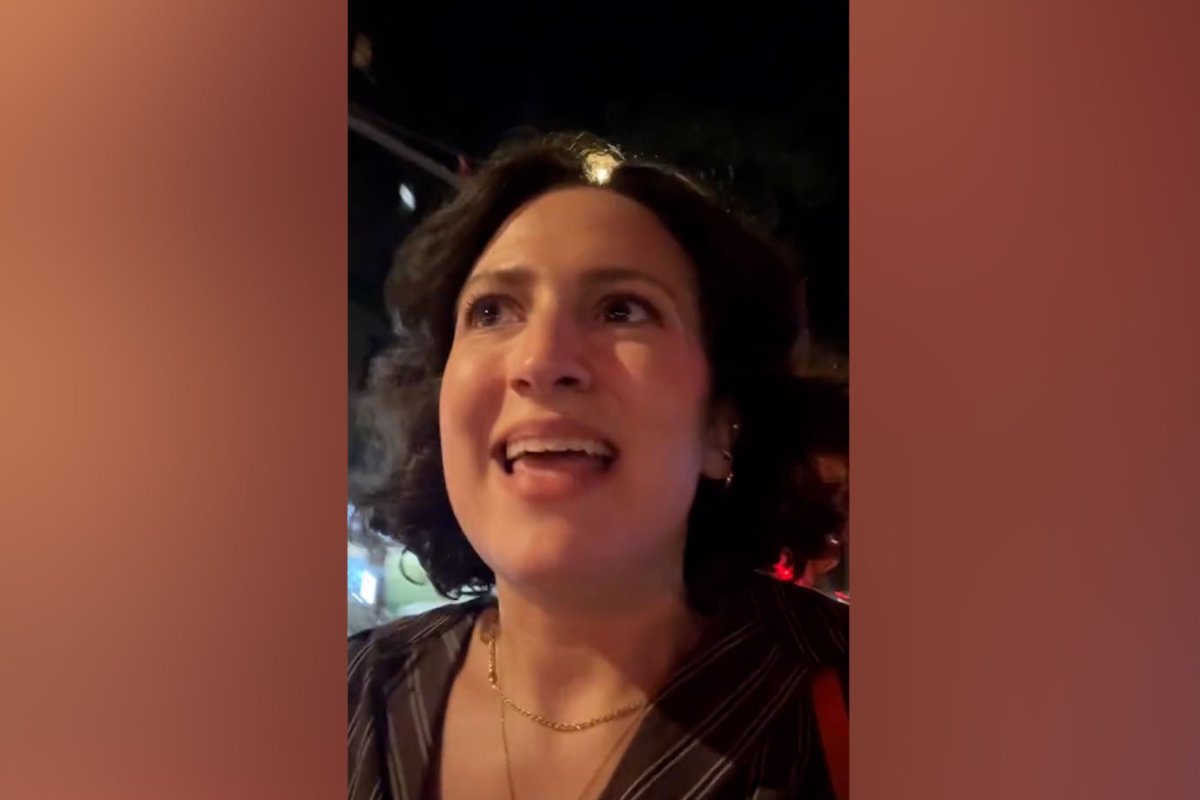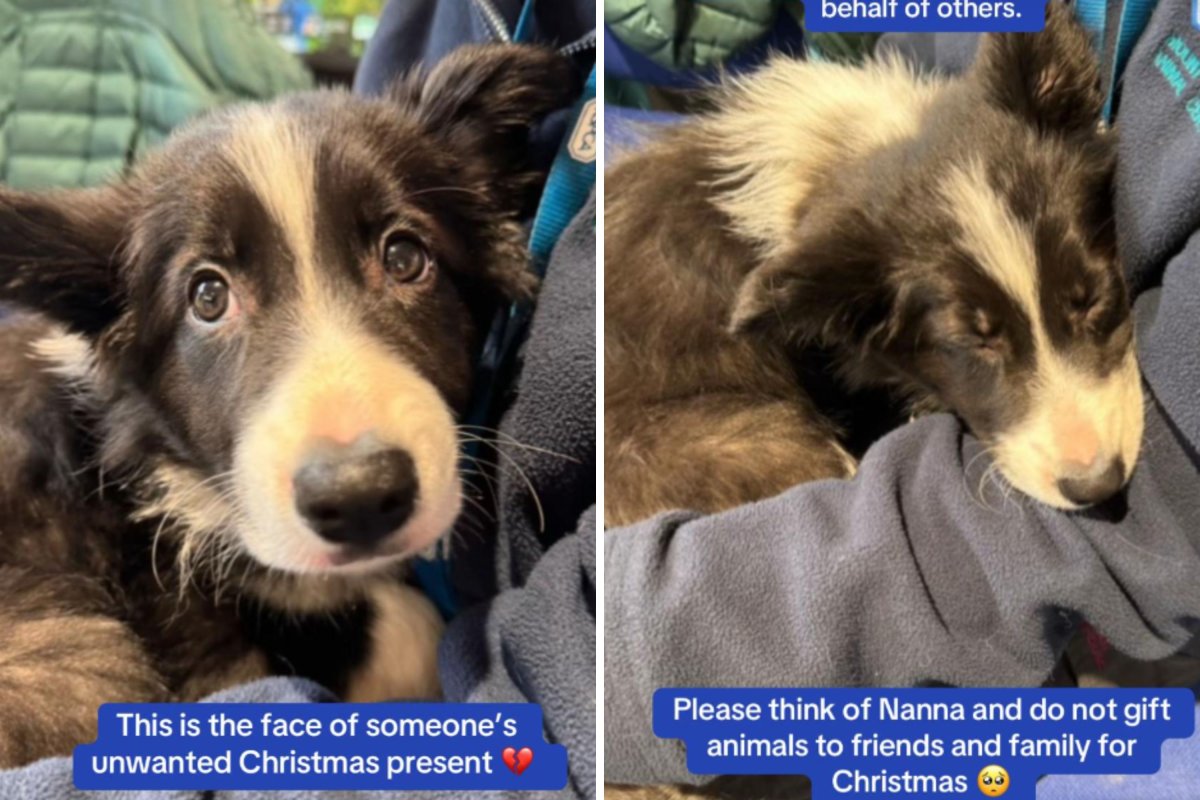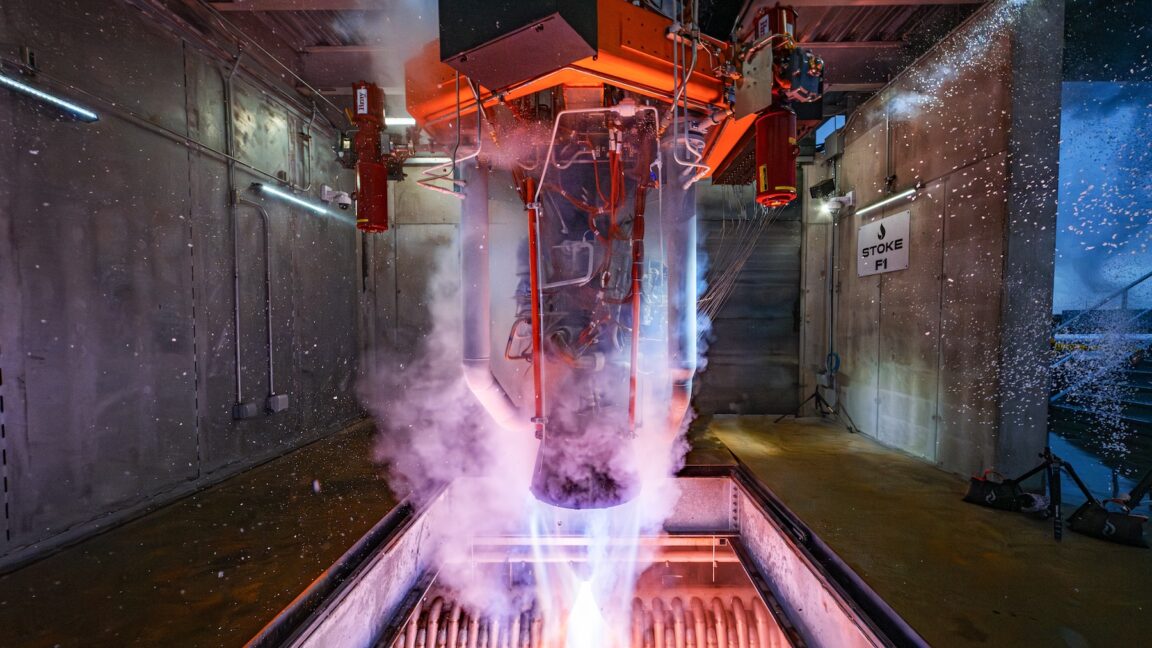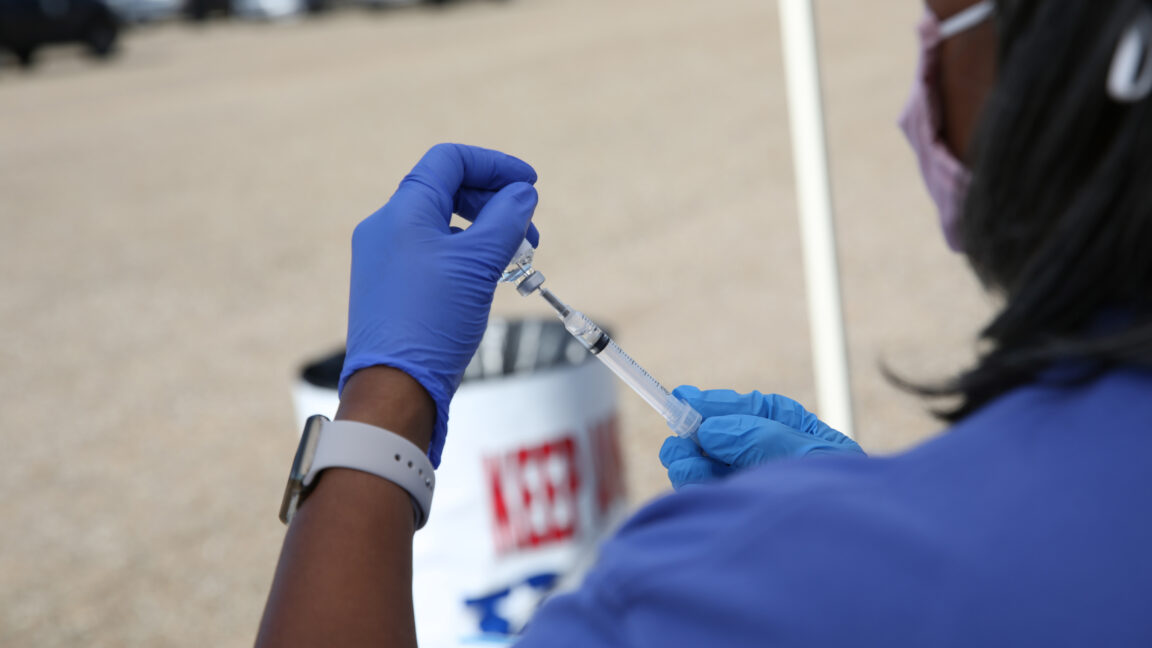Woman's 'Genius' Idea To Feel Safer at Night Watched by a 1 Million

A video about a proposed app that would allow women walking alone to connect and walk together has gone viral on TikTok—so Newsweek spoke with experts and law enforcement about the idea and what its peaks and downfalls could look like. The idea was proposed by Emily Wilson, a 28-year-old standup comedian living in the New York City borough of Manhattan who does "lots of solitary walks home at night," Wilson told Newsweek. She shared details about the app in a video shared on her TikTok account @therealemilywilson, in which she describes it as "the new Uber Pool." The clip has amassed a million views since it was first shared on October 23 last year. In the video, filmed at night while walking on Prince Street in Soho, a neighborhood in Manhattan, she says: "Somebody needs to make an app for girlies only going home and you put in what neighborhood you're in and what neighborhood you're going to and it shows you other girlies around who want to walk home as well and you get to walk home in groups together...it's genius."
According to a survey of 33,866 people in 39 countries conducted by The Worldwide Independent Network of Market Research (WIN), 46 percent of women globally do not feel confident or safe when walking alone at night in their neighborhood, with 64 percent of women in the Americas reporting not feeling safe. Wilson told Newsweek that the idea for the app came to her while she was navigating an unfamiliar area using Google Maps. "I was walking home from performing on a show at a venue I'd never been to and Google Maps took me on a walking route that I wouldn't have taken had I known my own way," she explained. When asked about her general feelings on safety in New York City at night, Wilson said it depends on how well she knows the area. "If it's a walk I've been on before or do regularly, I'd say I feel 30 percent on edge. If I'm unfamiliar, then I feel more like 70 percent on edge." Despite the challenges, Wilson said she generally feels safer in a crowded city like New York than in more isolated places. "Suburban/rural America at night is way scarier to me. Empty parking lot except for one car that I can't see if someone's in or not? No thanks, I'd rather be on Delancey [Street in Manhattan] after midnight!"
Can an App Like This Be Safe?
While Wilson's idea has been praised for its sense of community and mutual protection, she acknowledges that safety risks come with it. "This is my fear too. I'm like, what a great idea, but I'm sure if I found a way to do it someone would find a way to ruin it and hurt people," she said. She suggested possible security measures, such as Face ID verification and a referral system requiring multiple users to approve someone before they can join. "I feel like there's gotta be a way...I personally would find the app useful, 60 percent for safety comfort and 40 percent for making new friends." Experts in personal safety and law enforcement agree that while the idea has merit, it also has significant risks. Julie Waite, a self-defense and personal safety expert, told Newsweek: "While the idea of an app connecting women for safety is well-intentioned, we can't rely solely on technology for our personal safety. Technology can fail us—batteries die, signals drop, phones get snatched by thieves and apps can be exploited by people with bad intentions." She also warned about the dangers of meeting strangers through an app, saying: "There is safety in numbers, but how can you guarantee the stranger you're meeting is who they say they are?" Paul Grattan Jr., a retired NYPD sergeant who is a public safety consultant, acknowledged the legitimate concerns many women have. "Most research suggests a much higher likelihood of a woman being a victim of a crime under these circumstances than men—particularly violent crime," he told Newsweek. However, Grattan also sees potential in the idea if implemented safely. "Any app that helps provide 'strength in numbers' may be worthwhile—though I would certainly want to know what level of security the app developers have provided." Erik Schneider, a private investigator with over 20 years of experience, warned that bad actors could misuse the app, making it dangerous instead of protective. He told Newsweek: "By providing real-time information on the whereabouts of women walking alone, the app inadvertently increases the risk of harm rather than reducing it." He also cautioned against a false sense of security, noting that relying on the app alone could make users more vulnerable. "Instead of relying on technology that could be manipulated, it might be more effective to focus on community-driven solutions and public safety measures."
How to Make It Work
Despite the risks, some experts believe an app like Wilson's could be successful with the right security measures. Jeff Wenninger, a law enforcement expert and retired LAPD lieutenant, told Newsweek: "An app like this could be a game-changer, but only if it prioritizes safety and privacy from the start." He emphasized the importance of strong security measures. "User profiles should be properly verified so users know they're connecting with someone trustworthy. GPS masking could protect precise locations until users are comfortable sharing." He also suggested integrating real-time crime data to help users avoid high-risk areas, rather than just focusing on walking together. "The shortest way isn't always the safest, and users need that kind of insight to make good decisions."
Addressing the Bigger Issue
Experts also pointed out that women's safety concerns aren't just about statistics—they're about everyday experiences. Waite stated: "Women feel particularly vulnerable because, statistically, they are more often targeted in violent attacks or harassment. That's a sad reflection of the ongoing issues with societal attitudes toward women and the prevalence of gender-based violence." She also emphasized the need for better public safety measures, such as improved street lighting, more late-night transport options, and visible security presence. "Public measures like better lighting in public areas and violence prevention education should be a priority." Grattan agreed, suggesting that cities invest in safe corridors with better lighting and security patrols, while also providing emergency call stations in high-traffic areas.









